|
To view past issues of the Student Resources, please
visit our archives.
|

A Note From The Editor
by Jasmine Lake, OTD-S
The Importance of Occupational Balance
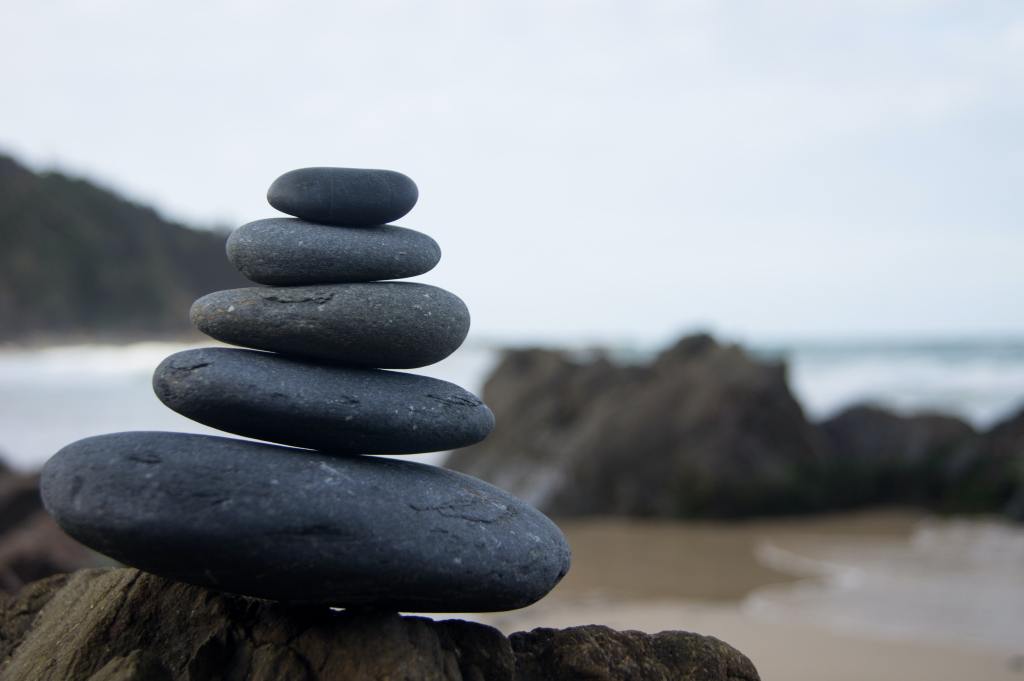
Hey there, FOTA members!
As occupational therapy students, we read about occupational balance and how we can help our clients achieve this in their every day lives, but we seem to forget that occupational balance is just as important for ourselves. It is easy to spend every day reading our textbooks, studying for the next exam, and completing our extracurricular responsibilities without realizing how draining it is on our mind and body. It is crucial that we implement time for self-care throughout our journey as students so we can make it a habit when we become practitioners. We won’t be able to provide the best quality of care to our clients if we are feeling burnt out. It can be easy to try to separate school, work, and leisure, but they do affect each other. As Puett and Gross-Loh (2016) stated in their book, “but by dividing up life and by believing that these aspects of our lives are unrelated to one another, we restrict what we are capable of doing and becoming”. So, we must take the time to rejuvenate our mental and physical health as often as we can so we can perform at our best every day. I have asked my fellow student writers to provide advice on how they maintain occupational balance as students and to share it with you all!
If you would like to contribute to the page or would like any advice regarding occupational therapy school, please email me at [email protected]. I look forward to hearing from you!
Best regards,
Jasmine Lake, OTD-S
Reference: Puett, M., & Gross-Loh, C. (2016). The path: what Chinese philosophers can teach us about the good life. New York, NY: Simon & Schuster.
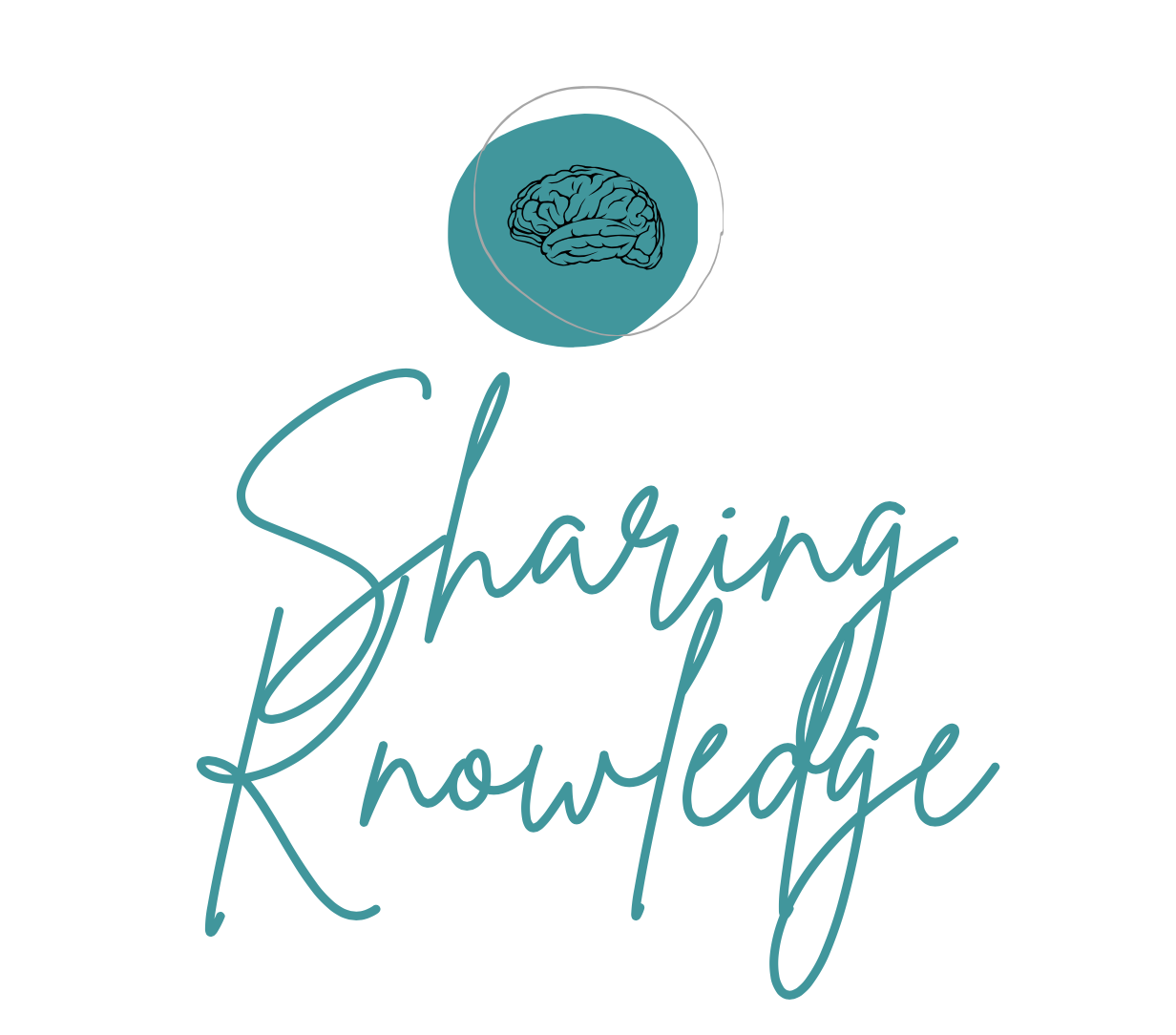 How do you maintain occupational balance? How do you maintain occupational balance? Advice By: Steven Dinnen, OTD-S
I maintain occupational balance by using my strengths and investing in time management tools such as a life journal. I make sure to schedule personal time every day, whether it is for ten minutes or two hours, and it can range from reading, watching a show, or exercising.
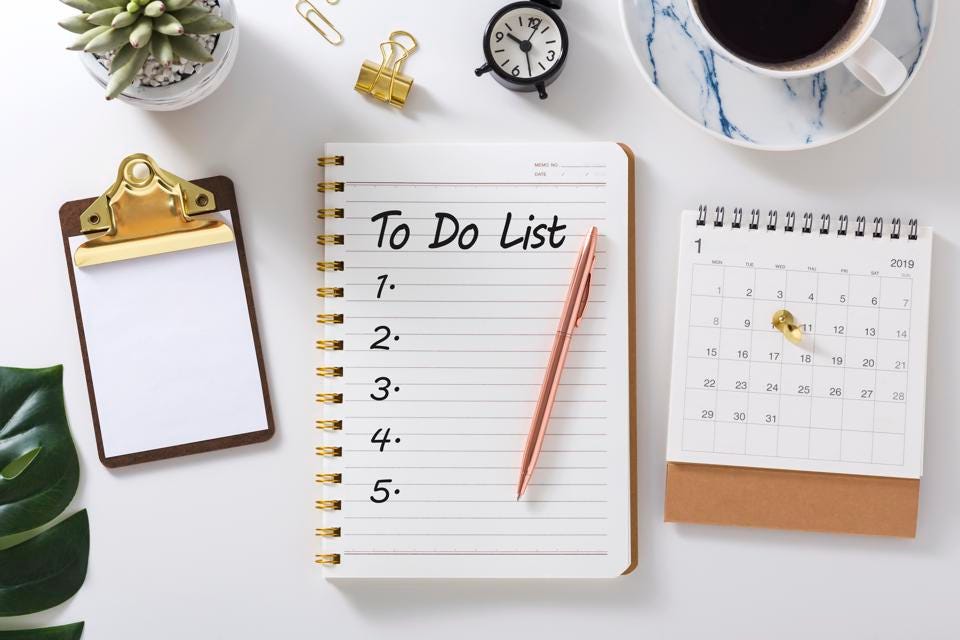 By having personal time every day, I become less tired and more focused. My strengths are being very calculated, being a problem-solver, and being a numbers person. Using these strengths, I can figure out a rough estimate of my available hours to give to my personal life or work/school life. Knowing these numbers allows me to be more flexible when things don’t go to plan because I know how many hours I have dedicated to either one. For example, I can dedicate about 30-35 hours to school most weeks and 20-25 hours to my personal life. The benefit of this is that I know that I am not compromising my hours dedicated to school when exercising. Overall, using my strength, such as being a number person, has helped me maintain occupational balance.
Advice by Pooja Surkanti, OTD-S:
As an occupational therapy student in my final semester of school balancing a capstone project, upcoming graduation, and NBCOT exam preparations, life can get overwhelming. However, the benefit of being an occupational therapy student is being able to recognize and value the skill of maintaining a healthy occupational balance. There are many definitions of occupational balance, but my favorite comes from Backman (2004), which states that occupational balance is a way of being, rather than a specific activity, and is achieved by taking part in daily activities that result in feelings of positivity, satisfaction, and achievement.
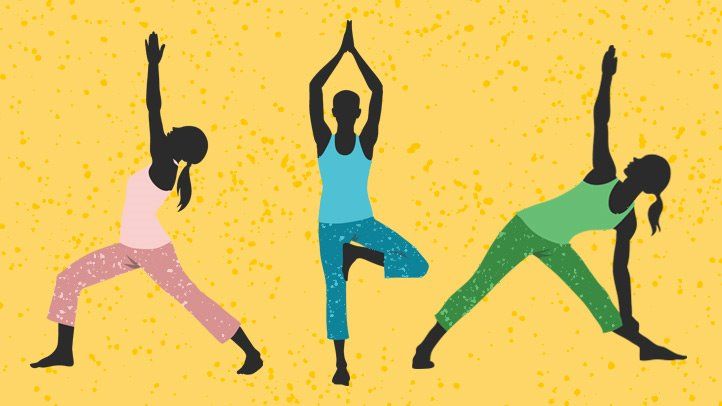
I have always been a strong proponent of creating a healthy work-life balance and this semester has been no exception. Despite being exhausted at the end of the day, I carve out time for my hobbies and exercise because I know this makes me feel fulfilled and healthy. For example, I’ve recently found joy in yoga, so I encourage myself to attend at least 3 times a week. On Fridays, my friends and I have established a routine to meet up for happy hour right after work/class around 5. This is our way of decompressing from the week and catching up on each other’s lives. I also love spending several nights at home with my roommates watching reality TV or documentaries. I also ensure at least 7-8 hours of sleep each night so that I’m able to recharge and feel refreshed. Finally, I try to schedule at least one trip a month to satisfy my urge for traveling. Whether it’s flying across the country or even just a short drive home to my parents, I love going places on the weekends.
This balance of leisure, social participation, rest, and play has allowed me to thrive and find meaning in my personal life. As a result, I am better equipped to serve my community and my patients. My advice to all students and working adults is to review how you spend your time and make intentional decisions to prioritize things that are meaningful to you!
Reference: Backman, C. L. (2004). Occupational balance: Exploring the relationships among daily occupations and their influence on well-being. Canadian Journal of Occupational Therapy, 71(4), 202–209.
Advice by Deborah Kofsky, OTD-S:
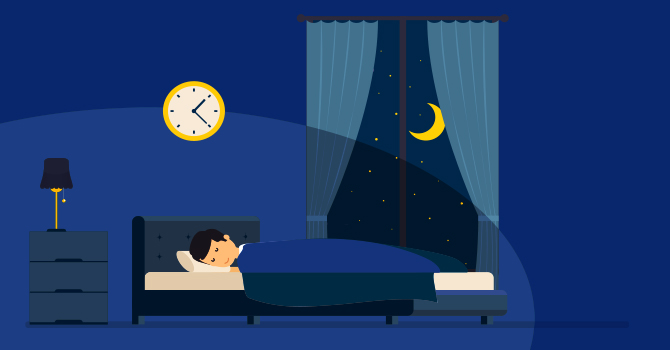 It is not easy to maintain occupational balance during an occupational therapy program. I have struggled with contradictory feelings of either guilt around missing out on other valuable occupations while completing schoolwork, or guilt around spending too little time on schoolwork when enjoying other valuable occupations. I have learned to accept that some periods require a high number of hours committed to schoolwork and other periods allow for greater flexibility. The decision not to be hard on myself about how I am spending my time during these periods has relieved me of unnecessary guilt. The truth is that each of us make decisions based on what we need in that moment and our needs are everchanging. Therefore, I recommend avoiding a lens of self-judgment when reading suggestions about how to maintain occupational balance. Each week, month, and semester present an opportunity to both evaluate whether the current approach is working or needs adjustment. It is not easy to maintain occupational balance during an occupational therapy program. I have struggled with contradictory feelings of either guilt around missing out on other valuable occupations while completing schoolwork, or guilt around spending too little time on schoolwork when enjoying other valuable occupations. I have learned to accept that some periods require a high number of hours committed to schoolwork and other periods allow for greater flexibility. The decision not to be hard on myself about how I am spending my time during these periods has relieved me of unnecessary guilt. The truth is that each of us make decisions based on what we need in that moment and our needs are everchanging. Therefore, I recommend avoiding a lens of self-judgment when reading suggestions about how to maintain occupational balance. Each week, month, and semester present an opportunity to both evaluate whether the current approach is working or needs adjustment.
With that in mind, there are some strategies I have found useful. The first is to avoid an all-or-nothing approach. If my friends are spending the day together and I know I must spend a few hours that day on schoolwork, I will try to join them for just a few hours if I can. I acknowledge that adequate sleep, exercise, and nutrition are key to my mental and physical health, and therefore I do not allow myself to forgo these habits for extra study time even during the busiest weeks. I regularly assess upcoming deadlines and determine my own mini deadlines. If I have reached these by dinnertime, I will stop working for the day. If I have reached them before dinnertime, I will work ahead. If I have not accomplished what is needed for the day, I will continue working after dinner. There is always more to do, but this allows me to feel good about managing assignments while taking time for the other important occupations in my life. During busy school seasons, I also make it a point to plan a leisurely weekend at some point within six weeks into the future, which helps me stay motivated and provides a “light at the end of the tunnel.”
Occupational balance requires regular adjustment and will continue to challenge us throughout our lives. Prioritizing balance is key to thriving both personally and professionally. Learning how to navigate all that we value is part of the journey of becoming an occupational therapist.
Your FOTA Membership dollars are at work! The FOTA board is pleased to announce a partnership with AOTA to enable your state association to offer a scholarship to an OT student. Monies from a long-held, but small scholarship fund in the name of Myra McDaniels were given to the AOTF to manage. AOTF reported this month that over 1,000 students began the process and over two hundred students submitted their applications. The Scholarship Selection Committee reviews applications on a yearly basis. Your Association Board and future
recipients of this scholarship thank you for your membership! For more information visit:
About Student Resources:
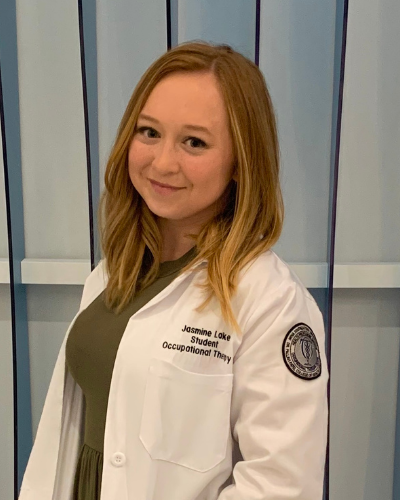 Jasmine Lake, OT/S, Student Resource Editor Jasmine Lake, OT/S, Student Resource Editor
My name is Jasmine Lake and I am a second year Doctor of Occupational Therapy student at Nova Southeastern University! I graduated from the University of Florida with a bachelor’s degree in health science on a pre-OT track. I am currently interested in neurorehabilitation and the role of occupational therapy for individuals recovering from traumatic brain injuries and stroke. I have always believed that a disability does not define the person or their limits and to always treat the whole person, so I am proud to be a part of a profession that shares these values.
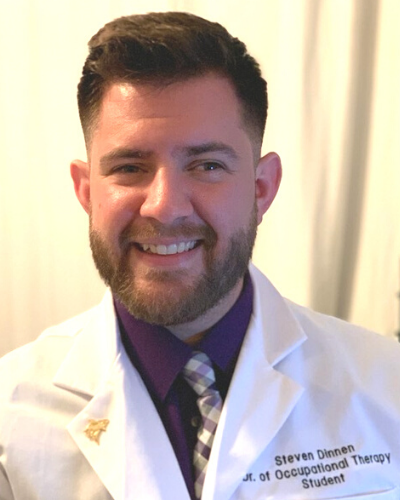
Steven Dinnen, OTD-S, Guest Writer
My name is Steven Dinnen. I am a first-year occupational therapy doctorate (OTD) student at Nova Southeastern University (NSU). I am interested in neurorehabilitation with a focus on Traumatic brain injuries and strokes. I have my undergraduate degree in Exercise Science from the University of South Florida (USF), and I am an American Council of Sports Medicine (ACSM) certified exercise physiologist.
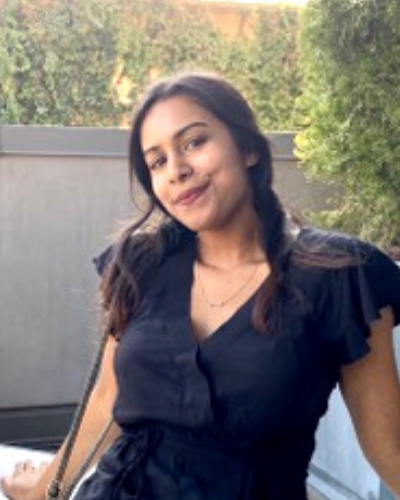 Pooja Surkanti, OTD-S, Guest Writer Pooja Surkanti, OTD-S, Guest Writer My name is Pooja and I’m a third year OTD student at University of Florida! I also completed my undergraduate degree here, where I studied Psychology and Health Disparities. I’m excited to be contributing to FOTA because there are so many unique populations, settings, and diagnoses in the field of occupational therapy that often go overlooked because of how vast our field can be. I hope to bring awareness to some of these topics by writing about them. I am particularly interested in brain injury advocacy and rehabilitation. In my free time, I love reading, playing board games, and painting!
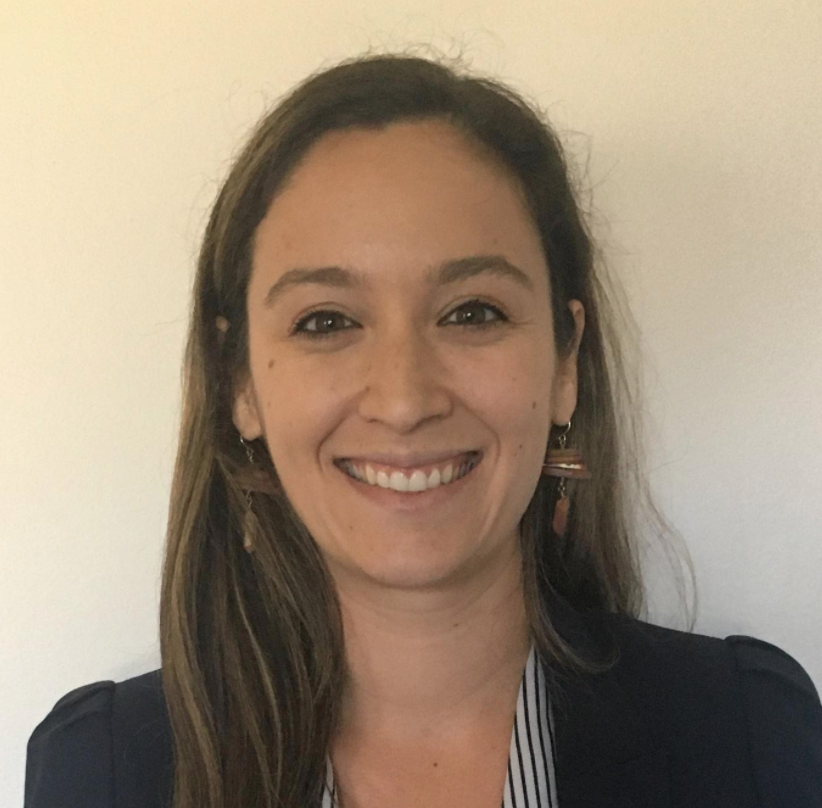 Deborah Kofsky, OTD-S, Guest Writer Deborah Kofsky, OTD-S, Guest Writer
Hello! My name is Deborah Kofsky, and I am a first-year Doctor of Occupational Therapy student at Nova Southeastern University at the Tampa Bay Regional Campus. Occupational therapy is a career transition for me; I completed my Bachelor’s in Advertising at Rowan University in 2012, and since then have held roles in communications, hospitality management, and sales. When I chose to study OT, I knew I wanted to pursue a career in which I could use creativity and have a positive impact. I fell in love with occupational therapy during my observations; being so early in my studies, I am not yet sure which practice area I want to pursue. My goal on this platform is to foster communication among students in various programs across the state to strengthen the Florida OT community. I can be reached at [email protected] for opportunities to connect and collaborate.
|





 By having personal time every day, I become less tired and more focused. My strengths are being very calculated, being a problem-solver, and being a numbers person. Using these strengths, I can figure out a rough estimate of my available hours to give to my personal life or work/school life. Knowing these numbers allows me to be more flexible when things don’t go to plan because I know how many hours I have dedicated to either one. For example, I can dedicate about 30-35 hours to school most weeks and 20-25 hours to my personal life. The benefit of this is that I know that I am not compromising my hours dedicated to school when exercising. Overall, using my strength, such as being a number person, has helped me maintain occupational balance.
By having personal time every day, I become less tired and more focused. My strengths are being very calculated, being a problem-solver, and being a numbers person. Using these strengths, I can figure out a rough estimate of my available hours to give to my personal life or work/school life. Knowing these numbers allows me to be more flexible when things don’t go to plan because I know how many hours I have dedicated to either one. For example, I can dedicate about 30-35 hours to school most weeks and 20-25 hours to my personal life. The benefit of this is that I know that I am not compromising my hours dedicated to school when exercising. Overall, using my strength, such as being a number person, has helped me maintain occupational balance.
 It is not easy to maintain occupational balance during an occupational therapy program. I have struggled with contradictory feelings of either guilt around missing out on other valuable occupations while completing schoolwork, or guilt around spending too little time on schoolwork when enjoying other valuable occupations. I have learned to accept that some periods require a high number of hours committed to schoolwork and other periods allow for greater flexibility. The decision not to be hard on myself about how I am spending my time during these periods has relieved me of unnecessary guilt. The truth is that each of us make decisions based on what we need in that moment and our needs are everchanging. Therefore, I recommend avoiding a lens of self-judgment when reading suggestions about how to maintain occupational balance. Each week, month, and semester present an opportunity to both evaluate whether the current approach is working or needs adjustment.
It is not easy to maintain occupational balance during an occupational therapy program. I have struggled with contradictory feelings of either guilt around missing out on other valuable occupations while completing schoolwork, or guilt around spending too little time on schoolwork when enjoying other valuable occupations. I have learned to accept that some periods require a high number of hours committed to schoolwork and other periods allow for greater flexibility. The decision not to be hard on myself about how I am spending my time during these periods has relieved me of unnecessary guilt. The truth is that each of us make decisions based on what we need in that moment and our needs are everchanging. Therefore, I recommend avoiding a lens of self-judgment when reading suggestions about how to maintain occupational balance. Each week, month, and semester present an opportunity to both evaluate whether the current approach is working or needs adjustment. 



 Jasmine Lake, OT/S, Student Resource Editor
Jasmine Lake, OT/S, Student Resource Editor 
 Pooja Surkanti, OTD-S, Guest Writer
Pooja Surkanti, OTD-S, Guest Writer  Deborah Kofsky, OTD-S, Guest Writer
Deborah Kofsky, OTD-S, Guest Writer